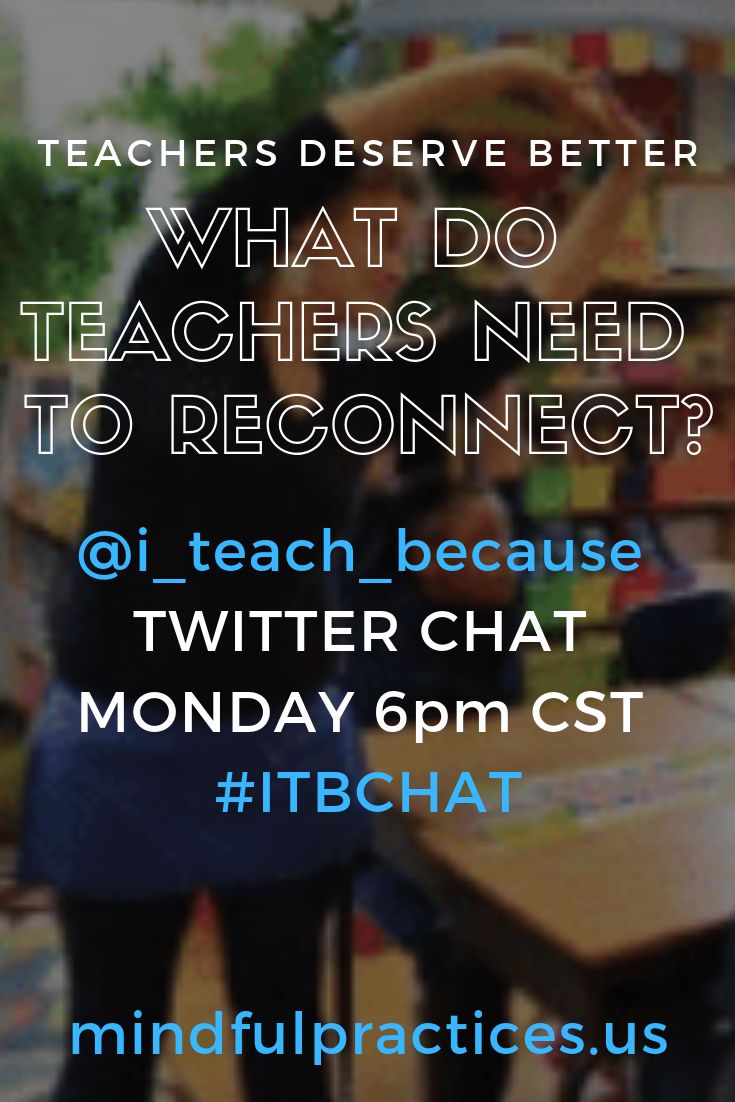The Crisis in Nigerian Primary Education
Nigeria’s primary education system is facing a severe crisis, with students and teachers alike bearing the brunt of systemic neglect. Over the past three months, pupils in the Federal Capital Territory (FCT) were left without formal schooling as local government education authority teachers from 400 public primary schools went on strike. This strike began on March 21, driven by demands for better wages and treatment. The situation has raised serious concerns about the country’s commitment to education.
The strike was eventually called off on July 9 following intervention by the Minister of the FCT, but this resolution does little to address the underlying issues. Teachers had been demanding several key changes, including the payment of the N70,000 monthly minimum wage, 25% and 35% wage increments, and a 40% Peculiar Allowance. They also sought the payment of a N35,000 wage award and the implementation of a template for outstanding entitlements agreed upon in 2022. These are reasonable requests that reflect the need for fair compensation and improved working conditions.
However, the prolonged strike has had a significant impact on students. The third term, which is crucial for determining promotion to the next class, has been disrupted, leaving many children behind. In contrast, students in private primary schools have continued their studies, potentially widening the educational gap between public and private sectors. Some students may never return to the classroom, suffering long-term consequences due to the negligence of authorities.
The FCT, despite its financial capacity, has failed to meet these basic demands. This inaction coincides with the launch of numerous high-profile projects by Nyesom Wike, including the renovation of the Vice-President’s residence, the Bola Tinubu International Confederation Centre, and infrastructure developments such as highways and bridges. These projects highlight a troubling trend where political leaders prioritize grandiose initiatives over essential investments in education.
The right to education and decent living wages is enshrined in Nigeria’s 1999 Constitution and international treaties. Yet, many leaders seem to view fulfilling these responsibilities as a favor rather than a duty. Partial payments are often used to pressure teachers into resuming work, while some officials criticize teachers for being “unrealistic.” This attitude reflects a broader disregard for public education in Nigeria, where political priorities often overshadow the needs of students and educators.
In 2024, efforts were made to enroll out-of-school children, with the National Commission for Almajiri and Out-of-School Children’s Education handing over 22,307 children to the FCT education secretariat. However, the ongoing strikes have likely caused these children to return to the streets. According to UNICEF, Nigeria has 18.5 million children out of school, with 10.2 million at the primary level and 8.1 million at the junior secondary level. This represents 15% of the world’s total out-of-school children.
Funding for education in Nigeria has significantly declined compared to historical standards. During the 1950s, Obafemi Awolowo, then Premier of the Western Region, allocated 35% of the budget to education. In contrast, the European Commission reported that EU member states spent 4.7% of their GDP on education in 2023. Nigeria’s 2025 federal budget allocates N3.52 trillion to education, which is 7.3% of the total outlay. While this is an improvement from the previous year’s 8.21%, it still falls short of what is needed to support a robust education system.
Research indicates that poor enforcement of the Child Rights Act, which mandates compulsory education for at least nine years, has led to a lack of accountability in ensuring children’s access to education. In the digital age, education is critical for progress and development. Nigeria cannot afford to undermine the potential of its citizens at an early stage if it hopes to make meaningful societal advancements.
President Bola Tinubu’s administration will be judged, in part, by its achievements in the education sector. Addressing the current crisis requires a shift in priorities, with a focus on investing in education rather than pursuing politically motivated projects. Only through sustained commitment to education can Nigeria ensure a brighter future for its children.







